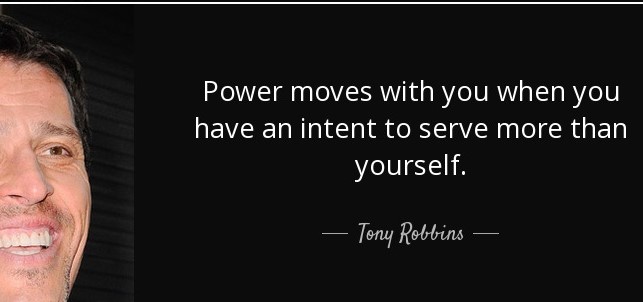

When we face the experience of providing developmental feedback, it is natural for us to feel discomfort, awkwardness and emotions like anxiety, worry, apprehension or even fear. Our emotional state impacts our energy, communication and outcomes in a manner that can be painful at times.
Considering that feedback is a shared experience between the giver and receiver, how can we make it a positive one? How can we ensure we feel confident and motivated to provide the feedback?
The answer lies in how well leaders prepare for the feedback and positive intention.
Why Prepare?
Preparing for a feedback session, the conversation and post feedback follow up, are all crucial stages of feedback.
However, preparation is the key to setting the tone and goal of the conversation and the most crucial stage of the feedback process.
Unfortunately, leaders who do not spend time preparing for the feedback miss the opportunity to be clear on the outcome they want and on taking the perspective of the feedback receiver so that they can prepare for anticipated roadblocks.
Leaders who do spend time preparing for feedback boost confidence levels and achieve a calmer mind. They come into the conversation with good energy and positive body language because they feel more in control of themselves and what the conversation may throw up. Having anticipated roadblocks, they can handle objections and negative reactions effectively.
The second aspect of the feedback process that catapults us into an energised state of mind is a positive intention.
The Power Of Positive Intention
Positive intention for the feedback receiver is a crucial part of the preparation process for a leader. The intention is the ‘why’ of the feedback.

Some helpful questions you can ask yourself to set your intentions are:
Why are you giving this feedback?
What do you want the person to gain from the feedback you are providing? For example, do you want them to be more successful at managing people, or would you like to see them develop for the next promotion?
What do you want to see happening for the person when he or she acts upon the feedback? For example, I want to see the person influencing his/her teams better so that her department goals are achieved, or I want the person to be a better decision-maker to secure more contracts.
When Leaders equip themselves with a positive intention they transfer energy that says, ‘I have your best interests in my heart’. This makes the other person feel valued and trust the leader.
The brain’s message is that this experience will not be a threatening one where I am criticised or blamed. As a result, the receiver relaxes, and defences go down. They feel psychologically safe, and their brains are more open to receiving information versus shutting down in defence. This state of mind fosters creativity, and they feel motivated to seek solutions that will help them.
Power Up Your Intention
It is crucial to genuinely believe in your intention for the other person. This what gives your intention power. It enables the conversation to be one in which you partner and co-create solutions with your colleague.
Verbalising your intention to the receiver of the feedback right at the beginning and referring to it during moments of conflict enables the receiver to periodically connect to the optimistic vision or image thereby reducing resistance.
Leaders need to avoid manipulating the individual by expressing a false intention to make them accept the feedback.
Conclusion
When our hearts and minds are anchored in the safe harbour of a positive intention for another we feel inclined to offer our inputs to the person.
Helping the feedback receiver understand that you are on their side and participating in their development is the shell that provides the protective layer for the receiver. It makes them feel secure. Within it lies your pure and positive intention that nurtures and motivates the individual to act on your feedback and change.
Offer: Contact Me For Group Coaching On Feedback Skills
 10 Powerful End-of-the-Year Reflecti ...
Socrates said, “The unexamined life is not worth living.” For leaders, the unexamined year becomes a missed opportunity for intentional growth. ...
Read More
10 Powerful End-of-the-Year Reflecti ...
Socrates said, “The unexamined life is not worth living.” For leaders, the unexamined year becomes a missed opportunity for intentional growth. ...
Read More
 How Emotional Intelligence Builds Ex ...
Leadership is not about being in charge. It's about taking care of those in your charge. -Simon Sinek In today's complex, fast-paced business world, te ...
Read More
How Emotional Intelligence Builds Ex ...
Leadership is not about being in charge. It's about taking care of those in your charge. -Simon Sinek In today's complex, fast-paced business world, te ...
Read More
 5 Ways to Communicate Effectively in ...
Let's face it - Conflict is an inevitable part of life, whether in personal relationships, the workplace, or social settings. Conflict arises when your ideas, needs and beliefs differ from ...
Read More
5 Ways to Communicate Effectively in ...
Let's face it - Conflict is an inevitable part of life, whether in personal relationships, the workplace, or social settings. Conflict arises when your ideas, needs and beliefs differ from ...
Read More